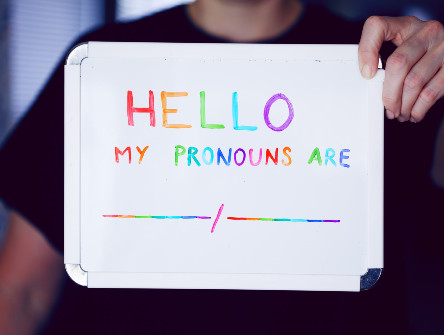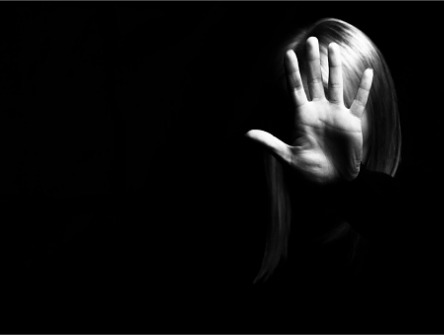Sisters in law are doing it for themselves
A soon to be released collection of essays reveals challenges and triumphs of women in the legal profession.

I have just been cheering myself up listening to the Annie Lennox-Aretha Franklin collaboration of 1985, “Sisters are Doing it for Themselves”, which celebrated women’s emergence from the kitchen to take their place as equals with men in the wider world. Well, maybe.
For the past several years, I have been involved in a book project with two young colleagues, Brea Lowenberger, the director of the Centre for Research, Education and Action Towards Equal Justice (CREATE Justice), and Leah Howie, the director of the Saskatchewan Law Reform Commission. We asked 18 women graduates of the College of Law at the University of Saskatchewan to reflect on their lives in the law. The contributors came from different generations of law school graduates and many different professional backgrounds – small and large firms, public and private law – and included a Canadian senator, a judge and a politician. The group included a woman who played a role in drafting important legislation in Alberta, another who rose to the top of a national professional organization, and one who has carried out extensive research and advocacy in the field of Indigenous health.
After a number of disappointments due to the pandemic, we were able to bring the authors together in June of 2022 to spend time thinking about the importance of storytelling with guidance from the wonderful Maria Campbell, and sharing their experiences with each other. Though many of these women had not met before, they engaged with each other immediately.
The letters these women wrote to their younger selves, or in some cases to children or grandchildren, were extraordinarily personal and thoughtful. Each of them wrote in a distinctive voice, and candidly examined the challenges and rewards of choosing a legal career. They spoke of experiencing racism, sexual harassment and even sexual assault, and overt and more subtle misogyny throughout their professional lives. They spoke of the difficulties of balancing taxing professional work with the demands of parenthood and family obligations. They also discussed their struggles to find a place in a legal world still influenced by unhealthy workaholism and an emphasis on economic returns over professional service.
Some of the senior contributors wrote about the challenges they faced early in their careers establishing that they deserved a place in the legal profession. While it is true that the proposition that women can legitimately choose to pursue a legal career is not now much contested, many of the participants in the project described challenges they are still facing – stereotypes about the impact of parenthood on their careers, assumptions that they are more suited to some areas of law than others, reluctance to compensate them on an equivalent level to men, exclusion from informal or male-centred networking or professional development opportunities. Speaking as a 1970s product of legal education, I had naively thought that by now, there would be plainer sailing for the young women I teach and work with as they proceed through their professional lives. The stories these women tell suggest that there is still work to be done to ensure that women are fully included and valued.
I do not mean to suggest that the tone of these pieces is one of unrelieved grievance and disappointment. On the contrary, one of the messages conveyed by the authors is that, notwithstanding the difficulties and trials they have faced, they are glad that they chose to pursue a legal career. They think the law is an important social institution, and they are pleased that they have had an opportunity to serve the public in the many ways they do. They think women bring an important perspective and make valuable contributions to the legal ecosystem.
So, sisters are doing it for themselves. And many of our authors speak warmly of the help they have received from male allies and mentors. But it would be helpful if more of their male colleagues within different types of legal organizations would reflect on how the policies and practices of those organizations, and their own assumptions and conduct, continue to create barriers for women in the legal workplace.
It is always more comfortable to keep doing things the way we do them, but can we not give some hard thought to the impact of the billable hour structure on the lives of women, to the distinctions that are drawn between male and female parents, and to the assessment of women’s capabilities that restrict their choices and their income.
The book, Creating a Seat at the Table: Reflections of Women in Law, will be published in October of 2023 by the University of Regina Press. Please join us at one of these launch events if you can:
- “Creating a Seat” Regina book launch event: Thursday, October 19 (4:30-6:30 PM) – College Ave Campus
- “Creating a Seat” Saskatoon book launch event: Thursday, October 26 (4:30-6:30 PM) – Boffins Public House
- “Creating a Seat” book club event: Monday, November 20 (11:30-1:00 PM)


